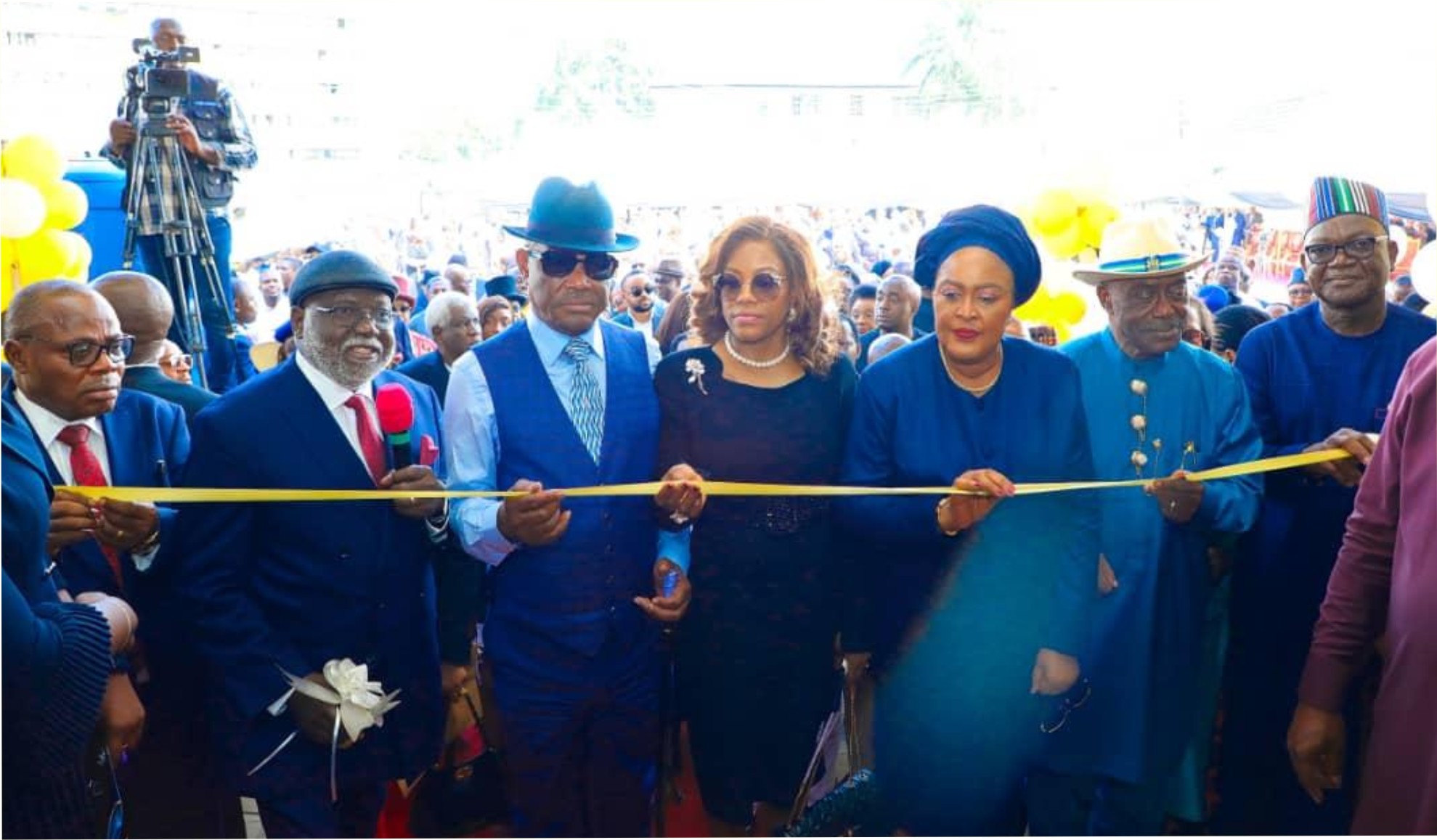Business
Coy Begins Cargo Tracking In Lagos Port

Webb Fontaine, a leading service provide for Nigeria Customs Service (NCS) has put in place cargo tracking system trade automation for use in Apapa Port.
This was disclosed to our correspondent by Webb Fontaine’s Operations Manager in Nigeria, Vlad Lonescu, who said the feat, which is a breakthrough and major milestone in NCS modernisation drive, will aid online, real-time, and live monitoring containers within controlled areas in the customs zone at the port and outside of the port.
According to him, anomalies such as containers missing in transit, tampering with the seal, broaching, and removal of cargo before the examination can be easily detected and traced using the technology.
It will also change the narrative that neighbouring countries like Benin Republic are ahead of Nigeria in areas of customs and ports aided automation.
According to him: “Customs officers trained by Webb Fontaine will operate the system that will aid in achieving more operational successes that could have been done manually”
The new system, he said, comes with many advantages including building shippers’ and port users’ confidence in theft prevention and curbing other unlawful activities.
“It will save the cost and time of using too much manpower to provide escort services for cargoes in transit as their movements within a geo-fenced zone will be monitored.
“Diversions of cargoes from specified movement itineraries will be swiftly detected with further preventive mechanisms activated to prevent loss or theft of cargo’’.
The feat in Apapa, which will also serve as test run that will be replicated in other ports across Nigeria, will help to position the country as one with a competitive port, befitting for hub status in the West and Central African region.
Webb Fontaine has succeeded in automating the Lagos Free Zone which is first of its kind in the county sitting on 82 hectares of land.
The Lagos Free Zone automation makes the complex stand out amidst 42 other free zones in the country being the first to be so technologically wired for trade.
It is the first free zone in the country to be proximate to the most modern and equipped Lekki Deep-Seaport.
Webb Fontaine’s trade solutions in Nigeria is presently impacting on more than 25 government agencies through automation of their processes and bringing Nigerian business world closer to what obtains in advanced economies where it is providing services, Lonescu said.
“This cargo tracking system, it will function in Apapa, Tin Can port with 2 Inland Container Depots with many objectives, among which is to decongest the port and improve the revenue of the NCS.
“It is also a way of monitoring the containers that are moving between the port and outside, which means we will have eyes on the containers at all times. Therefore, if there is any attempt to tamper with the process, we can immediately flag it and alert the customs officers.
“The NCS will monitor the full process; we are in charge of training the officers that are going to operate and supervise the transit of the goods. They will be in a control room with screens, computers and digital maps, from which they can monitor the movement of each containers.
“By doing this, the port will be decongested, and all stakeholders like the terminal operators, ship owners, freight forwarders and all will be confident that when they move cargo from the port, things will not get lost and they will be safe.
“For now, we are in the pilot stage, and we are bringing in specialists to train officers both inside and outside the port. For Customs, we’re going to do Web Fontaine’s Training the Trainers, so we are not training all the officers who will be in charge of this system; we will train a few, who will then pass on the knowledge
By; Nkpemenyie Mcdominic, Lagos
Transport
Automated Points Concession : FAAN Workers Gave 72hrs To Revise Decisions In PH

Transport
FAAN Announces Pick-Up Points for Go-Cashless Cards

Business
Fidelity Bank To Empower Women With Sustainable Entrepreneurship Skills, HAP2.0
-

 News4 days ago
News4 days agoAmend Constitution To Accommodate State Police, Tinubu Tells Senators
-

 Politics4 days ago
Politics4 days agoSenate Urges Tinubu To Sack CAC Boss
-
Business4 days ago
Crisis Response: EU-project Delivers New Vet. Clinic To Katsina Govt.
-
Business4 days ago
President Tinubu Approves Extension Ban On Raw Shea Nut Export
-

 News4 days ago
News4 days agoDisu Takes Over As New IGP …Declares Total War On Corruption, Impunity
-
Business4 days ago
Fidelity Bank To Empower Women With Sustainable Entrepreneurship Skills, HAP2.0
-
Business4 days ago
President Tinubu Extends Raw Shea Nuts Export Ban To 2027
-
Sports4 days ago
NDG: Rivers Coach Appeal To NDDC In Talent Discovery

